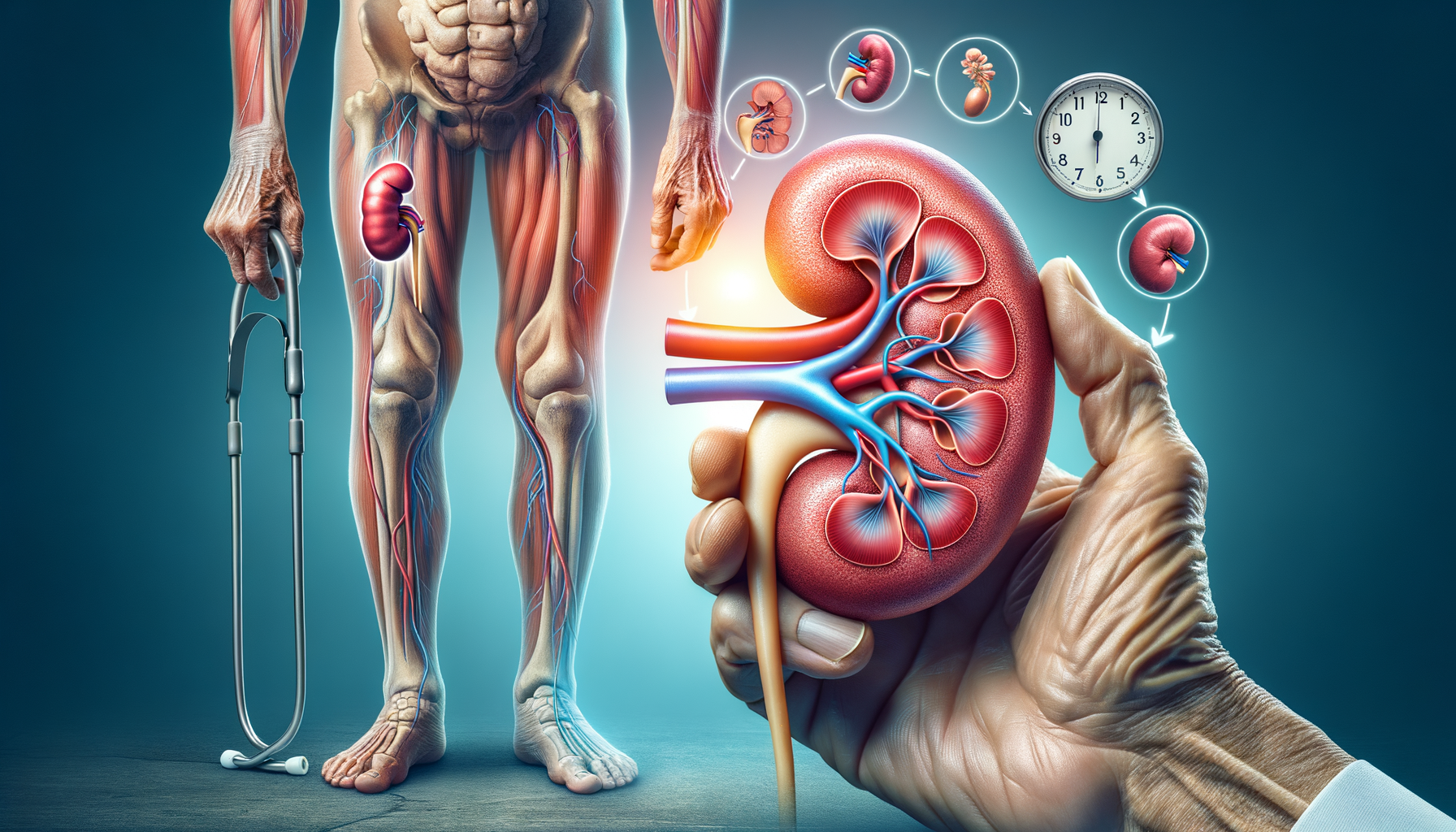What to Know About Symptoms of Kidney Problems in the Elderly
Can changes in bodily function signal underlying health shifts in older adults? Subtle indicators may sometimes point towards potential concerns within the renal system. Understanding these signs can be a valuable part of general health awareness.

Kidney Function Decline with Age
The kidneys are vital organs that perform several critical functions, including filtering waste products from the blood, balancing bodily fluids, and regulating blood pressure. As we age, it’s natural for kidney function to decline. This decline is a part of the aging process, but it can be exacerbated by various health conditions common in older adults.
Research indicates that starting around the age of 30, the filtration rate of the kidneys begins to decrease gradually. This reduction in efficiency can be attributed to a decrease in the number of functioning nephrons, which are the filtering units within the kidneys. By the time individuals reach their 70s and 80s, the kidneys might only be operating at half the capacity they did in their youth.
Several factors can accelerate kidney function decline, including chronic conditions such as hypertension and diabetes. These conditions can damage the blood vessels in the kidneys, leading to further deterioration. Additionally, lifestyle factors, such as diet, physical activity, and medication use, can influence kidney health.
Maintaining a healthy lifestyle, managing chronic conditions effectively, and regular monitoring can help mitigate the impact of aging on kidney function. It’s essential for seniors to have regular check-ups that include kidney function tests to catch any decline early and address it promptly.
Common Symptoms of Kidney Problems in Seniors
Recognizing the symptoms of kidney problems in seniors is crucial for early intervention and management. While some symptoms might be subtle, others can significantly impact daily life. Here are some common indicators that may suggest kidney issues:
- Changes in Urination: This can include increased frequency, especially at night, changes in color, or the presence of foam or blood.
- Swelling: Fluid retention can cause swelling in the legs, ankles, feet, face, and hands.
- Fatigue: A decrease in kidney function can lead to a buildup of toxins and impurities in the blood, causing fatigue and weakness.
- Skin Rash or Itching: Waste buildup in the blood can cause severe itching or rashes.
- Shortness of Breath: This can occur if extra fluid builds up in the lungs or due to anemia, a common side effect of kidney disease.
It’s important to note that these symptoms can also be associated with other health conditions. Therefore, a thorough medical evaluation is necessary to determine the underlying cause. Regular health screenings can help identify kidney problems before symptoms become severe.
When to Seek Medical Attention for Elderly Kidney Health
Knowing when to seek medical attention is crucial for managing kidney health in the elderly. Early diagnosis and treatment can prevent further damage and improve quality of life. Here are some guidelines on when to consult a healthcare professional:
- Persistent Symptoms: If symptoms such as changes in urination, swelling, or fatigue persist, it’s advisable to seek medical advice.
- Severe Symptoms: Symptoms like severe shortness of breath, chest pain, or extreme fatigue should be addressed immediately as they may indicate serious complications.
- Existing Health Conditions: Seniors with conditions like diabetes or hypertension should have regular kidney function tests, as these conditions increase the risk of kidney disease.
- Medication Concerns: Some medications can affect kidney function. If there are concerns about how medications might be impacting kidney health, a healthcare provider should be consulted.
Healthcare providers can perform tests to assess kidney function, such as blood tests for creatinine levels and urine tests for protein. These tests can help determine the extent of kidney damage and guide treatment decisions.
Ultimately, being proactive about kidney health can lead to better outcomes for seniors. Regular communication with healthcare providers and staying informed about potential symptoms are key components of effective kidney health management.